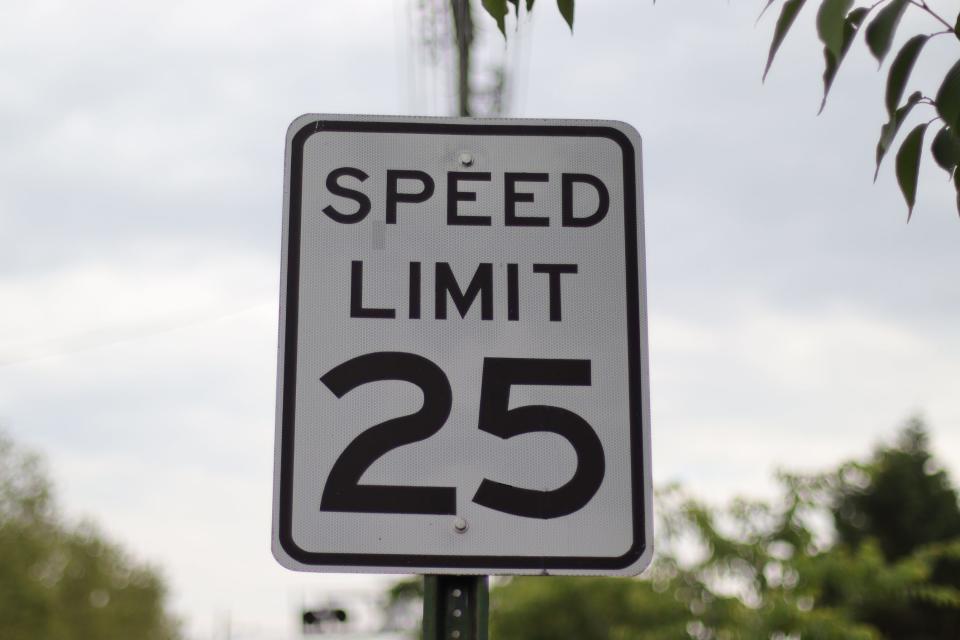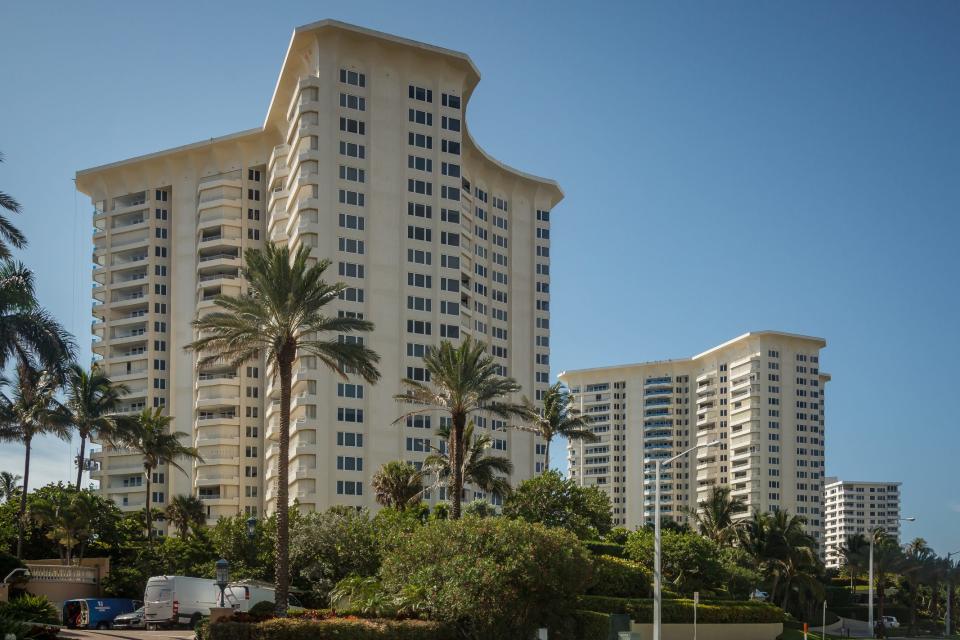Is that even legal? Palm Beach County condo fined owner for speeding guest
Live in a home governed by a condominium, co-op or homeowner's association? Have questions about what they can and cannot do? Ryan Poliakoff, an attorney and author based in Boca Raton, has answers.
Question: Recently my physical therapist visited my condo for my therapy, and they took a picture of her car and license plate, saying she went over the 20 mile per hour speed limit inside the community. However, they billed me for the fine. They said that it was in my original condominium paperwork that I received 18 years ago. How can I be responsible for how fast someone else drives? Is this legal? Signed, G.B.
More questions answered: Condo rules: Disabled man must carry service dog off property for dog's potty breaks.
Dear G.B.,
The Condominium Act provides, at Section 718.303, Fla. Stat., that every owner and their tenants, guests and invitees must abide by the association’s covenants and rules. The association has a right to levy a fine for your therapist’s speeding violation. The question is whether that fine would be your responsibility, or hers.
If your governing documents provide that you are responsible for your guest’s and invitee’s behavior, and that you can be fined for their violations, then that is likely enforceable. Of course, before imposing a fine on you, the association would have to follow the proper statutory procedure — the board would need to first levy the fine at a properly-noticed board meeting, and then they must provide you (and the therapist, if applicable) at least 14 days’ written notice of the fine and an opportunity for a hearing in front of an independent grievance committee, which committee has the right to say “yes” or “no” to the fine.

It seems that your association is saying that you are in fact responsible for her behavior, because your condominium declaration says so; but it’s not clear to me that they followed the required fining procedure. So, that could be your best way to avoid paying the fine; but also, make sure you tell your therapist to slow down.
Question: A resident in our over 55-community required full-time care after her stroke, and the property was quit claimed to the caregiver. If the caregiver becomes delinquent on property taxes and/or association fees, does the condo board have the authority to take legal action, or will the county act if taxes are delinquent? Also does this happen often when there is a full-time caregiver and no family members in the state of Florida? Signed, T.W.
More: Court ruling may mean less pay to real estate agents when you're buying or selling a home
Dear T.W.,
You’ve described two entirely different situations. The condominium association has nothing to do with county property taxes. If the new owner does not pay their property taxes, the county will ultimately put a tax lien on the unit, and that lien will be sold to a third party and foreclosed. But that is not the association’s problem.
If the new owner does not pay association assessments, then that’s the same as any owner failing to pay assessments. The association has the right to place a lien on the unit, and to foreclose that lien, either taking title at a foreclosure sale, or having the unit be purchased by a third party at the foreclosure sale (in which event the amounts paid will be used to pay off the delinquency).
I can’t tell you if it’s common for an owner to quit claim deed their unit to their caregiver, but this is the first time such a thing has been described to me (at least when the caregiver was not related in some way), and I can’t offhand think of a reason that would be necessary, as there are a lot of other options (such as naming the caregiver a trustee owner for the benefit of the disabled resident). But I’m not an estate planning attorney, so perhaps there’s a reason this strategy is preferred in the situation you describe.

Question: My community sent me a violation on my rotating landscape lights. They have been up for more than 20 years, but now they have a problem with them. Meanwhile there are several houses in the community with similar lighting. They are saying they are Christmas lights, but the board member who issued the violation has white lights on their front hedge. This is pure selective enforcement! How do I proceed in fighting this outlandish violation? Signed. G.B.
Dear G.B.,
The situation you’ve described would likely constitute both waiver and selective enforcement, and so if they brought legal action against you to try to restrict your lights, you could use one or both as a defense. However, these principles can’t be used as “swords” so to speak, so you would have to wait until the association took some action against you to raise the defenses. You might however be able to stave off further action by having a lawyer write a demand letter for you.
Ryan Poliakoff, a partner at Poliakoff Backer, LLP, is a Board-Certified Specialist in condominium and planned development law. This column is dedicated to the memory of Gary Poliakoff, pioneer of the community association legal industry, tireless advocate, and author of treatises, books and hundreds of articles. Ryan Poliakoff and Gary Poliakoff are co-authors of New Neighborhoods—The Consumer’s Guide to Condominium, Co-Op and HOA Living. Email your questions to condocolumn@gmail.com. Please be sure to include your location.
This article originally appeared on Palm Beach Post: Palm Beach County condo association fined owner for guest speeding

